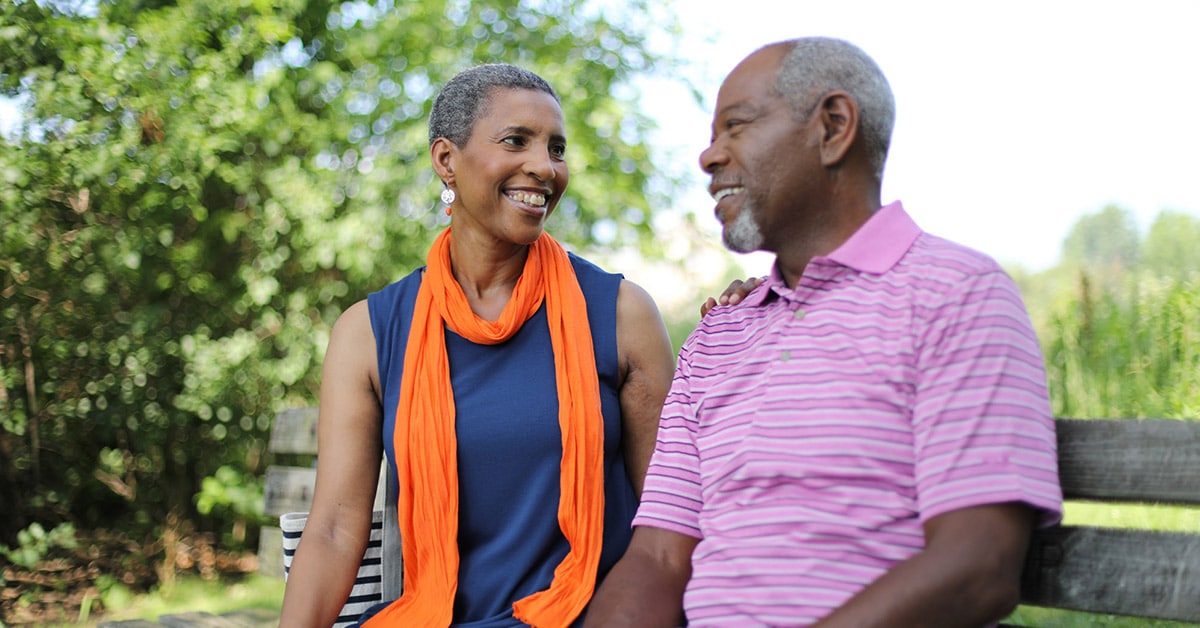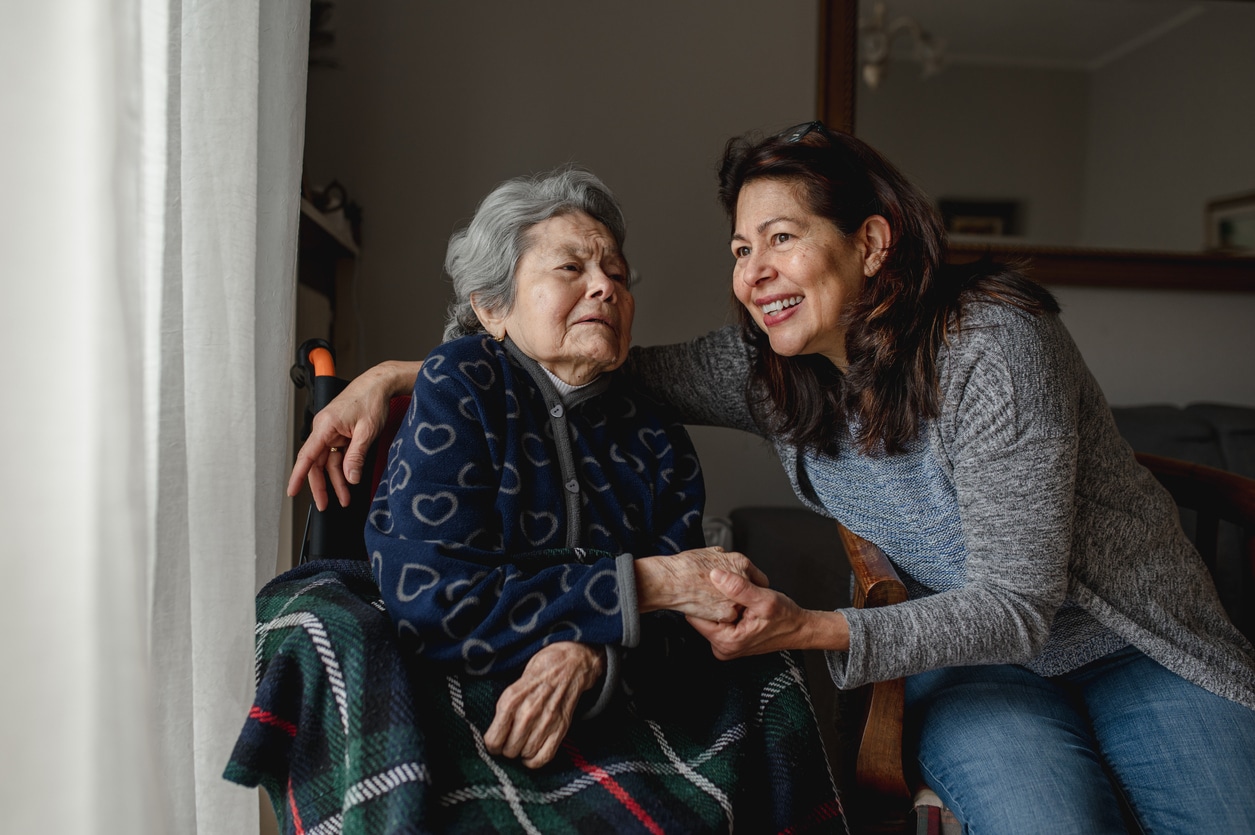If you’ve been smoking for years but think it’s too late to reap the benefits of quitting, think again. Whether you’re already feeling the effects of long-term smoking or haven’t noticed any yet, it’s never too late to stop smoking and embrace healthy living. If you’re finally ready, here are some tips to stop smoking.
Why Should I Quit?
Motivation is the most important key to quitting; without it, you’ll find it difficult to persevere. Start by examining the facts: You probably know that smoking increases your risk of a heart attack, stroke, or lung cancer. As devastating as these acute conditions can be, it’s easy to overlook the chronic diseases that are associated with smoking. Emphysema and chronic pulmonary obstructive disease are among the respiratory conditions that can make a smoker’s daily life difficult, causing her to experience severe shortness of breath with even minimal activity or creating a dependence on supplemental oxygen.
If you’re a long-term smoker, any damage won’t disappear overnight; however, physical improvement may begin as soon as you quit, and your health can steadily improve with time. In as little as two weeks, the risk of a heart attack starts to drop and lung function improves, according to the American Lung Association. The risk of coronary artery disease is cut in half after only one smoke-free year, and the risk of stroke returns to nonsmoker levels in about five years — even if you’ve been smoking for decades.
How Should I Quit?
First things first: Tell your doctor about your plan to stop smoking. Aside from making your doctor happy, this enables you to request a nicotine patch, anti-smoking medication, or another aid to address your physical cravings.
Once your aid is in place, address the behaviors and triggers that created your dependence on smoking. For years or decades, smoking may have been your escape from work, chores, or stress — to effectively quit, you’ll need to learn new coping skills. One of the best tips to stop smoking is to avoid stress; however, when that isn’t possible, you can try deep-breathing exercises (similar to what you’ve been doing with that cigarette) or listening to relaxing music. You can also try taking a walk when the urge to smoke arises. This will help improve your health and offset any potential weight gain associated with quitting smoking. Be sure to rid your home of ashtrays, cigarette butts, and odors that may trigger cravings.
With so many bans on smoking in public places, many smokers have found gathering places outside in which they can indulge their habits and socialize with other smokers — so you may miss chatting with your smoking pals at first. There’s no quick fix for the loss of this social benefit, but rest assured, your friends will make great nonsmoking companions and conversationalists as well. Plus, you’ll be able to chat in the comfort of your office, home, or other space without suffering the sweltering heat of summer, pouring rain, or blustery winter chill that you may have been forced to endure in the parking lot when you used to smoke.
Above all, remember that quitting smoking may extend your lifespan and help you avoid debilitating conditions. When you commit to quitting, you commit to enjoying a long, active, healthy life. What cigarette could beat that?




